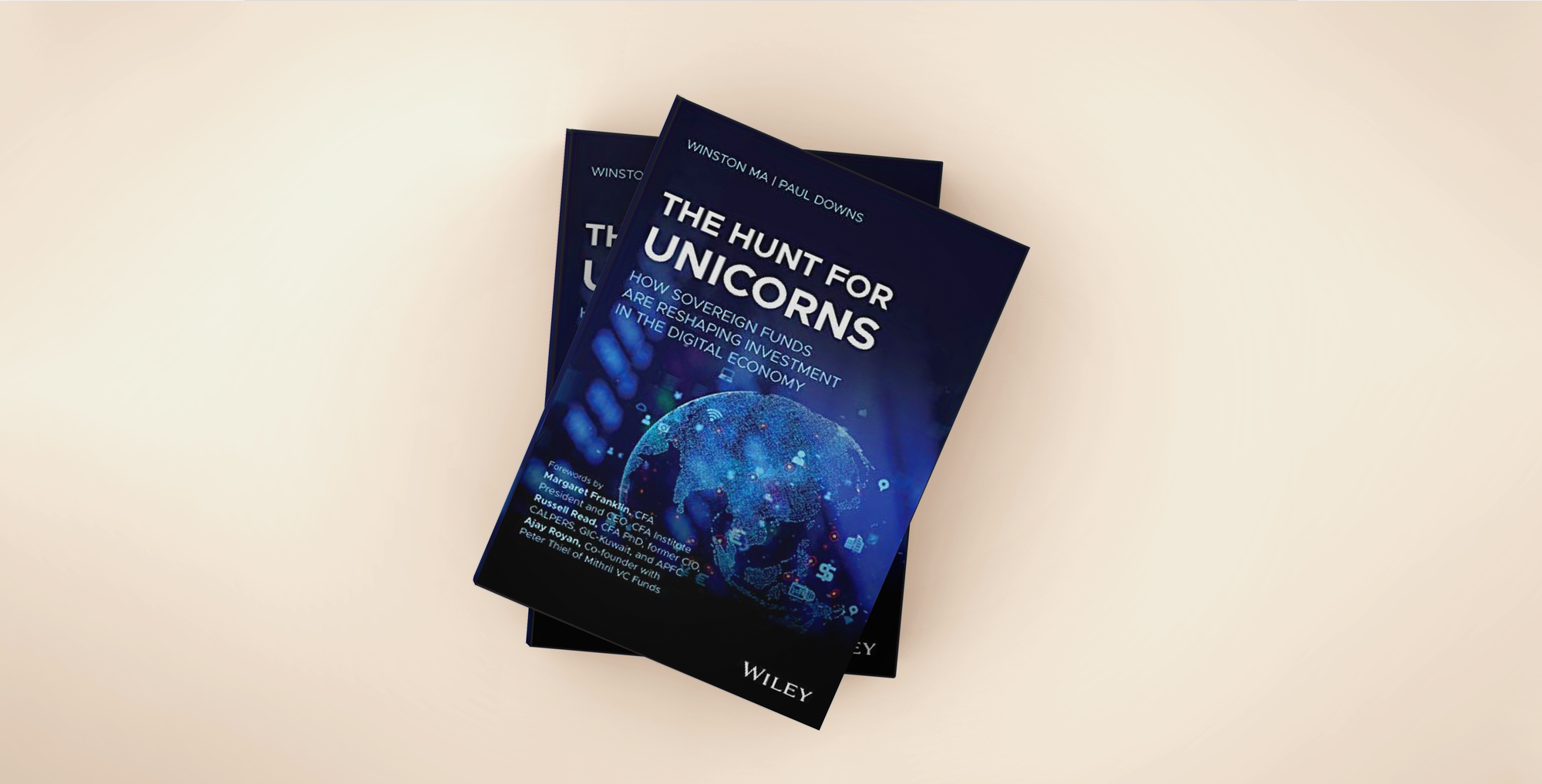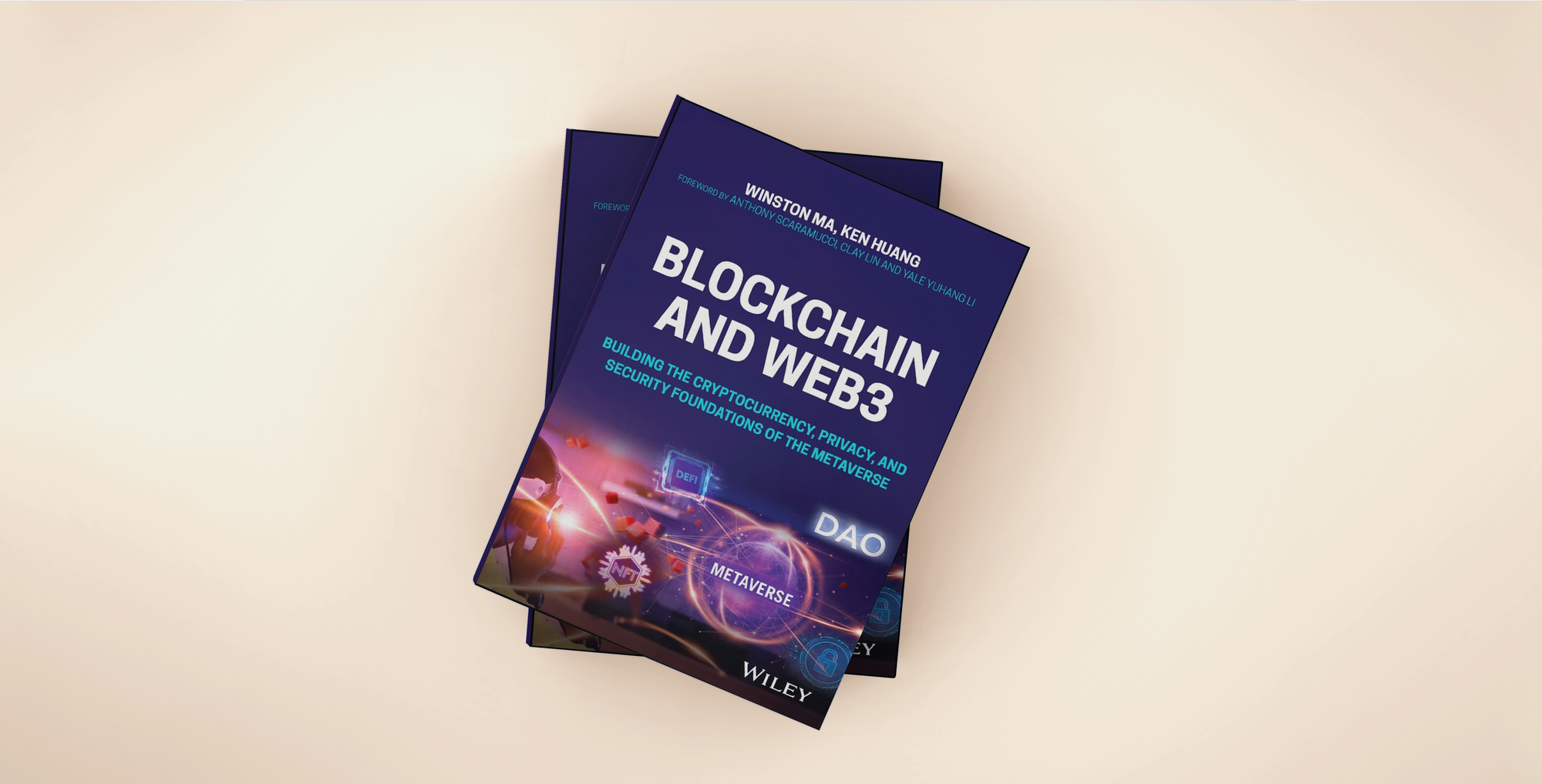| TRILLION-DOLLAR CLUB OF NEW SIF VC
Who holds the power in financial markets? For many, the answer would probably be the large investment banks, big asset managers, and hedge funds that are often in the media's spotlight. But more and more a new group of sovereign investment funds (SIFs), which includes some of the world's largest sovereign wealth funds (SWFs), pubic pension funds, central bank reserve funds, and other sovereign capital-enabled entities, have emerged to become the most influential capital markets players and investment firms, with more than $30 trillion in assets under management.
But it is in the digital world that their impact is most felt. SIFs are the new, powerful venture capitalists. Their ample resources, long time horizon, as well as their need to diversify globally and by sector have helped to transform the investment world and, in particular, the private venture capital market for digital companies. Given the sheer size of their investments, they are the “unicorn makers”. They have shaken off their traditional, passive investor roles and stepped into the vanguard of the digital transformation we are now all inhabiting.
For the digital world investments, Web3 companies and crypto assets are the new frontier for the SIFs. In the years before 2017, sovereign funds’ direct investments focused on growth-stage, whereas early-stage investments, for the most part, were almost entirely conducted through external VC fund managers. In recent years, several SIFs have already made big steps into early stage investing. With competition rising in the buyout and mid-market spaces, experienced SIFs are developing the skills to allocate capital for direct investment in companies at earlier stages.

For example, Singapore’s Temasek set up a new Strategic Initiatives unit years ago, seeking greater agility for opportunistic deals requiring fast turnaround and senior-level assessment. To be nimble, the unit can pull in resources from other parts of the company. It created so-called “experimental pods” to explore opportunities in artificial intelligence (AI) and blockchain technologies, which Temasek sees as long-term trends impacting multiple industries and geographies.
Relating to the mobile internet revolution last decade, they have fostered the rise of the likes of Uber, Alibaba, Spotify, and other transformative players by providing substantial and long term capital. The world’s largest unicorn ever – Ant Group, the fintech affiliate of Alibaba – was valued over $150 billion at its peak, counting numerous sovereign funds and pensions as its early backers. Now in recent years, similarly they have actively pursued opportunities in the emerging blockchain tech, crypto assets, and Metaverse fields. They are the new, powerful venture capitalists for Web3.
"The world’s largest unicorn ever – Ant Group, the fintech affiliate of Alibaba – was valued over $150 billion at its peak, counting numerous sovereign funds and pensions as its early backers. Now in recent years, similarly they have actively pursued opportunities in the emerging blockchain tech, crypto assets, and Metaverse fields”

The Hunt for Unicorns
Who holds the power in financial markets? For many, the answer would probably be the large investment banks, big asset...
| THE RISE (AND FALL) OF FTX
That’s why the rise (and fall) of FTX, a once globally famous crypto exchange, and how the (former) SIF investors of FTX and the broader SIF community would react to the sudden collapse and bankruptcy of FTX, is extremely significant for the future of Web3.
As recent as early 2022, FTX, among the highest profile crypto exchanges in the world, was valued as recently as January at $32 billion in a fundraising round from investors including Singapore SWF Temasek, Canadian pension Ontario Teachers' Pension Plan Board (OTPP), SoftBank Vision Fund (partly backed by SIFs’ LP capital), and many well-known VC firms such as Tiger Global and Sequoia Capital, according to news reports. Other shareholders include trusts and entities tied to billionaires Paul Tudor Jones, the New England Patriots owner Robert Kraft, the family office of Daniel Och and Daniel Loeb of Third Point. Around mid 2022, FTX became the white knight that was trying to prevent its fellow firms from dying including: Robinhood, Celsius, Three Arrows, Voyager Digital and BlockFi to name a few. But FTX melted down in November 2022. In a matter of days, FTX went from a $32 billion valuation to bankruptcy as liquidity dried up, customers demanded withdrawals, and rival exchange Binance walked away from nonbinding agreement to buy the company. Bahamian authorities arrested its founder Sam Bankman-Fried in December 2022 and jailed him in connection with multiple fraud charges involving FTX and stemming from several charges from US agencies. FTX is currently in Chapter 11 bankruptcy, a process that gives companies an opportunity to explore any and all turnaround plans that maximize recoveries for creditors.
As a result of the FTX collapse, two prominent SIFs in the global markets, Temasek and OTPP announced, had respectively fully written down their $275 million and $75 million investments in the crypto exchange. The Silicon Valley firm Sequoia Capital and SoftBank, the Japanese tech conglomerate, also declared their stakes worthless ($213 million and $100 million). OTPP wrote down the entire investment in FTX citing “potential fraud”. “We will be writing down our investment in FTX to zero at our year end … We are disappointed with the outcome of this investment, take all losses seriously and will use this experience to further strengthen our approach”, OTPP said, "Naturally, not all of the investments in this early-stage asset class perform to expectations."

Blockchain and Web3
In Blockchain and Web3: Building the Cryptocurrency, Privacy, and Security Foundations of the Metaverse, two tech and finance...
For Singapore’s Temasek, its public announcement was much longer. Temasek's investments in early-stage companies amount to about 6% of the portfolio. Its direct investments in blockchain "are not a significant part" of that exposure, it said. Writing down the investment "will not have significant impact on our overall performance," Temasek said, but Temasek treats "any investment losses seriously and there will be learnings for us from this."
As a result, an internal unit at Temasek will conduct the review separately from the team that decided to invest in FTX and will report directly to the board. (Such reviews have been triggered by Temasek before by other investments that were written off or permanently impaired.) The government won’t rule out calling for an external private auditor or engaging the auditor general if it suspects negligence, fraud, or misconduct, Singapore’s deputy prime minister and Minister for Finance, Lawrence Wong, said to the parliament.

| FOMO AND CRYPTO-RELATED INVESTMENTS
FTX was not the first crypto token company that went to bankruptcy and consequently SIFs had to write off their investment. The Caisse de Depot et Placement du Quebec (CDPQ) pension fund of Quebec, Canada in the fall of 2021 invested US$150 million in Celsius, a (then) major crypto lender.“Blockchain technology has the potential to disrupt several sectors of the traditional economy. As digital assets grow in adoption, we intend to capture the right opportunities, while working with our partners towards a regulated industry,” Alexandre Synnett, executive vice-president and chief technology officer at Caisse said at the time.
"Blockchain technology has the potential to disrupt several sectors of the traditional economy. As digital assets grow in adoption, we intend to capture the right opportunities, while working with our partners towards a regulated industry”
Merely 9 months later, Celsius suspended withdrawals on its platform on June 12, citing liquidity issues arising from the crypto market downturn. The firm filed for bankruptcy in New York one month later. A court document showed the firm has $5.5 billion in liabilities and a $170 million cash balance. In August 2022 CDPQ decided to write off its investment in the bankrupt firm, and during a webcast discussing the firm’s mid-year results, Caisse CEO Charles Emond said the fund “arrived too soon in a sector which was in transition.”
And it’s likely that FTX would not be the last crypto-related investments that would hit SIF investors. Celsius, FTX and a few more high profile failures of crypto firms in 2022 has shaken the market confidence and led to significant asset contagion risks in the crypto world. It is quite likely that more bankruptcies would come in 2023, and more investment positions may be wiped out.
But all these should not come as a big surprise. Just like traditional VC firms, who are otherwise smart investors but would do dumb things any time there is a boom cycle like this – because they see their pals and peers piling in and worry that they will be left out, SIF investors are not immune from FOMO (fear of missing out) and would also invest in companies of stretched valuation in the hunt for unicorns.

The Digital War
China is the largest homogenous digital market on Earth: unified by language, culture, and mobile payments. Not only a consumer...
| SIF INVESTORS AT THE CROSSROAD
So, how will the sovereign wealth funds and pension funds adjust their investment approach to this new space, after an "egg on the face" (term used by Madam Ho Ching, ex-Chairwoman of Temasek, in a Facebook post that the write down of Temasek's full investment in FTX)?
Temasek said, in its FTX-related public announcement, that it continues to recognize the potential of blockchain applications and decentralized technologies "to transform sectors and create a more connected world. But recent events have demonstrated what we have identified previously — the nascency of the blockchain and crypto industry and the innumerable opportunities as well as significant risks involved."
Temasek added that there have been "misperceptions" that the FTX exposure was "an investment into cryptocurrencies.” Actually, “To clarify, we currently have no direct exposure in cryptocurrencies." Instead, its investment will focus on tech investing, as VC funds typically do historically. Its blockchain investment activity focuses on "financial market service providers to the digital asset space providing protocol agnostic and market neutral exposure" and technology infrastructure such as wallets, developer tools, metaverse and gaming infrastructure.
This kind of shifting strategy probably will be seen across the SIF investor space. They will shift their focus toward infrastructural aspects of blockchain, the so-called picks and shovels of the industry. Instead of pure financial applications, so-called “hard technology” innovations will be in favor. They tend to be technical in nature, requiring a high level of expertise; also, they take longer to build out and realise, which matches well with the patient, long-term capital of sovereign wealth funds and pension funds. (It’s worth noting that this bifurcated approach – more focus on the tech aspect of blockchain, less focus on the financial aspect of crypto assets – is quite similar to the Chinese government’s approach to this space.
Most importantly, it can be expected that the SIF investors will NOT embrace an “inspiring leader” instead of Due Diligence (DD). It was well summarized by Marcelo Claure, the former SoftBank executive who helped lead the Japanese tech conglomerate’s (former) investment in FTX. “I have been reflecting personally on the whole FTX fiasco and it taught me one more time that we should NEVER invest because of FOMO and we should always 100% understand what we are investing in. I totally failed here on both,” he tweeted. The SIF investors probably will agree. We are still at the very beginning of Web3, so take a pause and do your due diligence.

Winston Ma
Global Tech Investor, Chief Investment Officer (CIO) and Executive Vice Chairman, International Data Center Authority (IDCA).
idc-a.org




